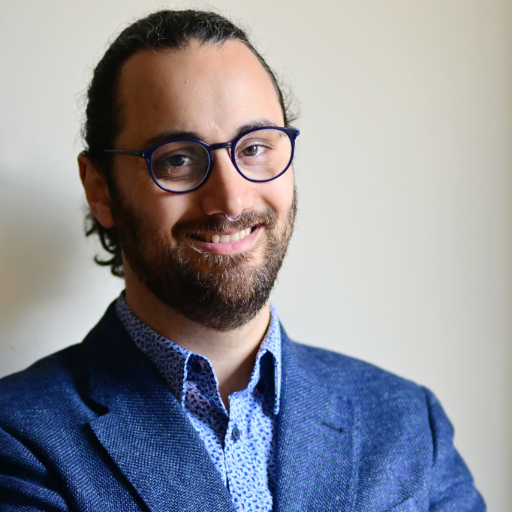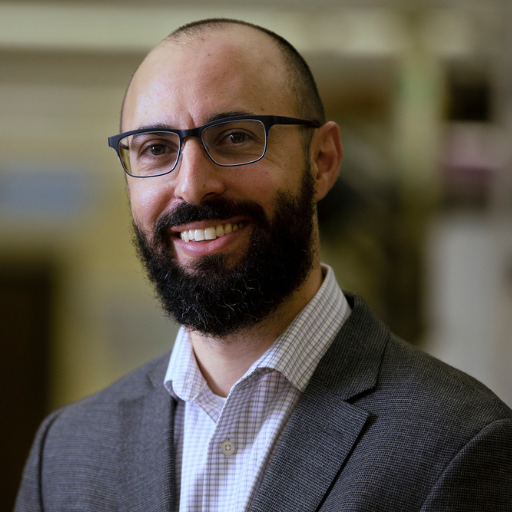Tau Homeostasis Via Proteasomal and Autophagic Activity

Principal Investigator
Wai Haung (Ho) Yu, PhD
Centre for Addiction and Mental Health (Canada)
Toronto, Ontario, Canada
About the Research Project
Program
Award Type
Standard
Award Amount
$300,000
Active Dates
July 01, 2012 - June 30, 2015
Grant ID
A2012057
Goals
Dr. Wai Haung Yu and colleagues will determine how the natural protein recycling systems, called the ubiquitin-proteasome (UPS) and autophagic-lysosome system (A-LS), act in concert to maintain healthy levels and quality of proteins. In Alzheimer’s disease (AD), protein clumping is a hallmark that is often accompanied by failure of UPS and A-LS, suggesting that these two recycling pathways are important for disease prevention. Along with improving the understanding of these two mechanisms, these researchers will test drug candidates for enhancement of UPS and A-LS function in reducing tau clumping and for restoring long-lived UPS and A-LS protein recycling activity.
Summary
Dr. Wai Haung Yu and colleagues are exploring how proteins—the building blocks of all cells—are recycled in brain cells, and what happens when there is a malfunction in the machinery to break down and recycle redundant and toxic proteins. One of the main hallmarks of Alzheimer’s disease is the presence of aggregated protein deposits, including one set of deposits caused by a protein called tau. This can be a result of proteins that are not degraded by systems called ubiquitin-proteasome (UPS) or autophagic-lysosomal (A-LS), which are two of the primary ways cells get rid of and recycle their junk. The UPS and A-LS pathways are important for maintaining quality control in a cell, and when they fail, the cell begins to accumulate junk proteins, which can be harmful to the cell and can negatively affect its operations and/or lead to disease. Although these two pathways are vital to survival, the connection between them is not well understood in diseases like AD. Moreover, this work will also determine whether scientists can protect and reverse the disease process by improving UPS and A-LS function to reduce the buildup of proteins like tau and preserve healthy brain cell function.
Related Grants
Alzheimer's Disease Research
The Role of JADE1 in Tauopathy
Active Dates
July 01, 2025 - June 30, 2027

Principal Investigator
Marcos Schaan Profes, PhD
Current Organization
Icahn School of Medicine at Mount Sinai
Alzheimer's Disease Research
Harnessing the Protein CHIP/STUB1 to Reduce Alzheimer's Brain Pathology
Active Dates
July 01, 2025 - June 30, 2028

Principal Investigator
Todd Cohen, PhD
Current Organization
The University of North Carolina at Chapel Hill
Alzheimer's Disease Research
Assessing the Impact of Blood Brain Barrier Dysfunction on CSF Tau Levels in Alzheimer’s Disease
Active Dates
July 01, 2024 - June 30, 2026

Principal Investigator
Joshna Gadhavi, PhD
Current Organization
Emory University



